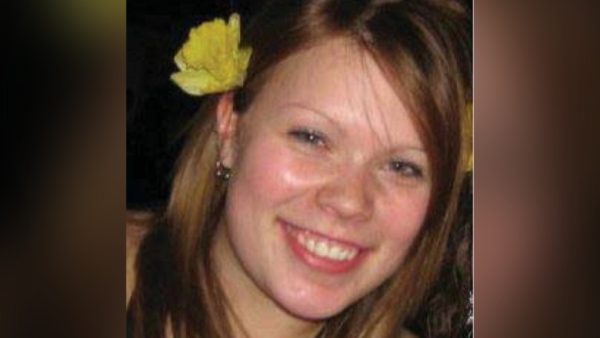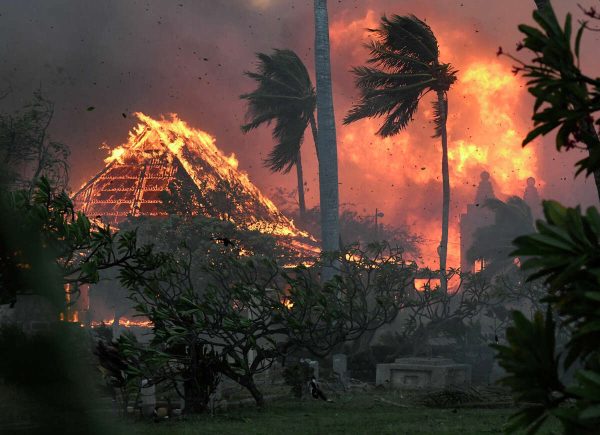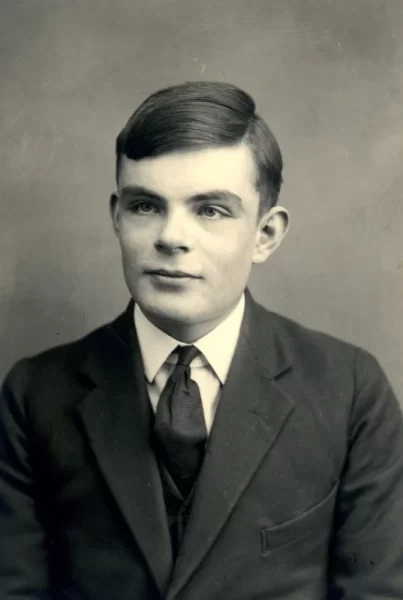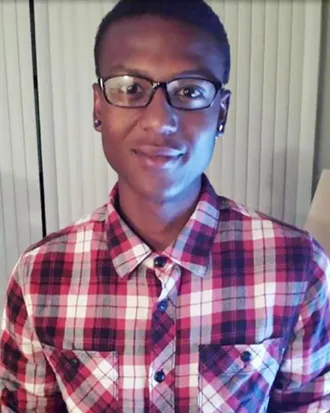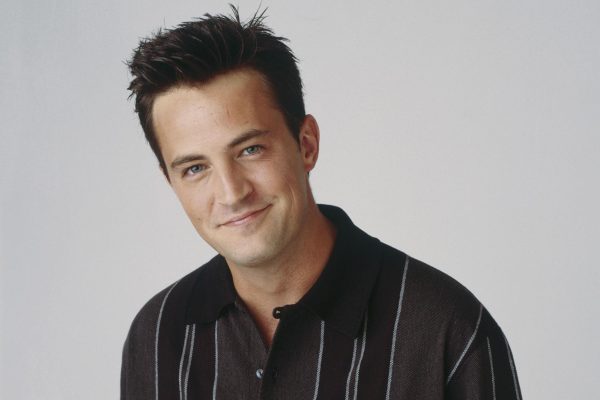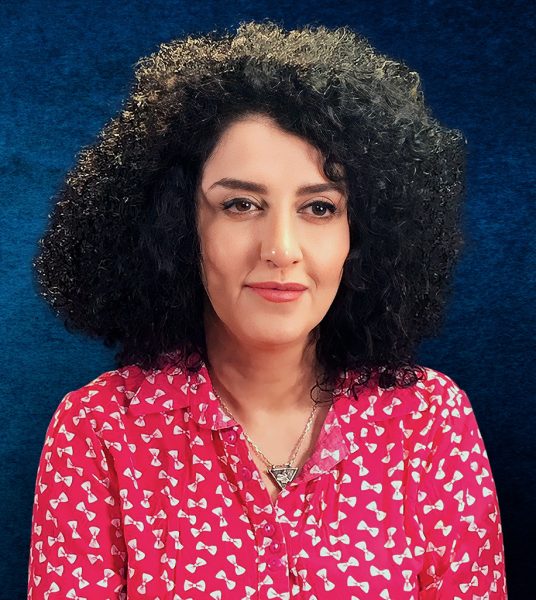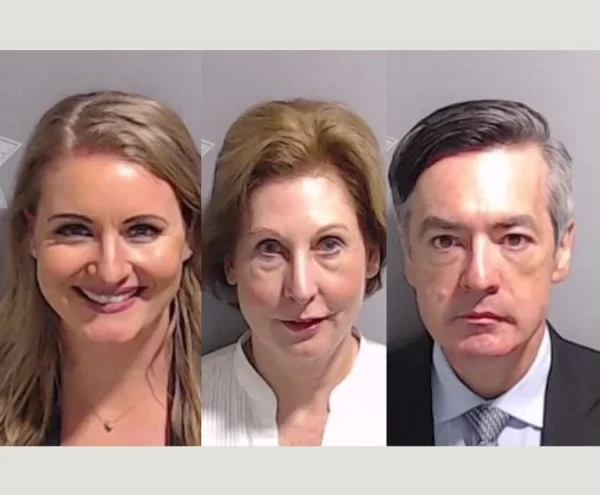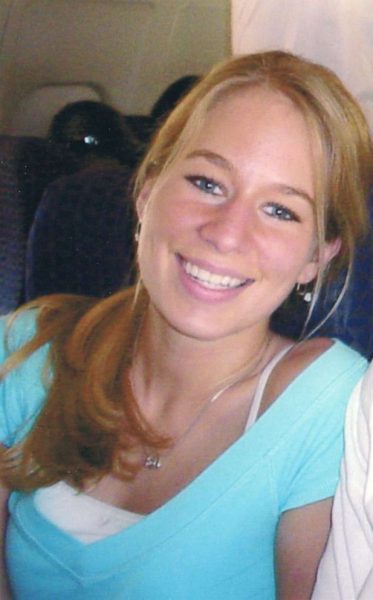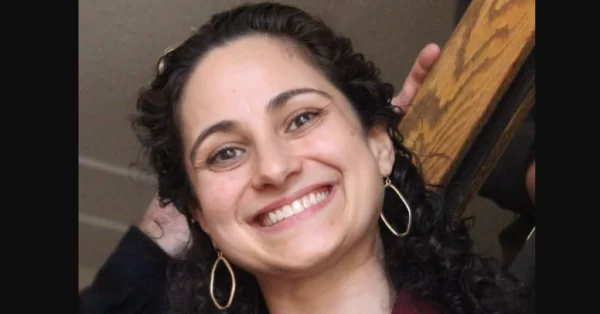Investigation called on the death of two United Nation experts in Congo

Michael Sharp and Zaida Catalan
In March, two United Nations experts, Ms. Zaida Catalan, a Swedish-Chilean national, and Mr. Michael Sharp, an American, were killed in The Democratic Republic of Congo (DRC). The government of the DRC are currently investigating the murders.
A colleague of the two U.N. experts, Betu Tshintela, and four Congolese support staff were also taken, but there is no evidence if they were killed or not.
Before their deaths, it was reported by BBC News that Ms. Catalan and Mr. Sharp were in the Kasai region of The Democratic Republic of Congo to investigate human rights abuses and if the former government minister Clement Kanku had incited militia violence within the region.
The bodies of Ms. Catalan and Mr. Sharp and the small group were found weeks later in a shallow grave in the central Kasai region, a Congolese spokesman said.
Congolese authorities have obtained a cellphone video of the event from an anonymous source.
The video shows Ms. Catalan and Mr. Sharp being taken by a group of men, then being forced onto the ground, and later being shot and killed. Mr. Sharp was the first one shot and later Ms. Catalan was shot twice. Ms. Catalan’s body had also been decapitated.
According to The New York Times and medical reports from a private Ugandan Pathology service, initially examined by Congolese authorities, said the body “had neither blood staining, mud nor soil of any sort, suggesting that the bodies have been washed clean.”
The two U.N. experts were investigating Mr. Kanku’s role in inciting violence within the Kasai region. It had been reported by The New York Times that Ms. Catalan had 130 files on her computer associated with Mr. Kanku. There was also a cellphone conversation between Mr. Kanku and one of his subordinates, where he discusses setting fire to a nearby town in the Tshimbulu region, a successful jailbreak and target assassinations of officials.
In the audiotape, Mr. Kanku said to one of his subordinates, “It is good that we burn everything; that is good news.”
In response his subordinate said, “The colonel is in his house, and we’re burning down the house so he burns to death.”
Ms. Catalan had possession of the tape since January of this year. People familiar with the case said Mr. Kanku knew that Ms. Catalan had the tape and then proceeded to deny, then confirm that he had been contacted by the experts.
According to the Congolese government, the suspected perpetrators of the killings are the Kamwina Nsapu militia, a militant group active in Kasai provinces.
Yet, only until as recently as May 23, 2017 had a United Nations security council, for whom Ms. Catalan had worked, agreed to have a meeting to discuss the death of the U.N. representatives.
It has been reported by The New York Times that the United Nations did not provide the experts adequate training or sufficient protection for their mission within the country.
The United Nation Security Council decided not to carry out an investigation of the murders and left the investigation to the Congolese government.
Congolese authorities said that there are 16 suspects in connection to the murders and that two of the suspects currently face trials on war crimes charges including murder and mutilation.
The murder of Ms. Catalan and Mr. Sharp has created debate of many issues and responsibilities that currently face the United Nations.
It has been reported that Ms. Catalan and Mr. Sharp were traveling without United Nations escorts, often going into hazardous areas for U.N. employees.
As independent contractors, the two experts did not have health insurance and received little training on how to deal with hostile environments. They were also bound to United Nations security rules; one of them being not to hire motorcycle taxis, which the two experts and their colleague did do. Former U.N. investigators have advised to take electronic tracking devices, to track their location and send distress signals if needed.
Sweden’s deputy ambassador, Carl Skau, said the purpose of the meeting was to address how the U.N. the three investigations by Sweden, Congo and the United States. While also updating the Security Council of the events of the killings.
“We hope that there can be lessons drawn from this case that can make sure that this does not happen in the future, or at least if you address the risks and minimize the risks,” Mr. Skau told reporters. “We realize that all these experts will be operating in dangerous environments.”
A week before Ms. Catalan’s death, while confiding to a friend, she had a premonition saying, “My body will be carried out of the jungle.”
The relatives of the killed experts want the United Nations to conduct the investigation of the murders, not the Congolese government.
A United Nation board of inquiry will also be investigating the murder of the two experts, but is not expected to assign blame to any specific person.
The investigation of the murders is currently underway, and the story is expected to develop in the near future.
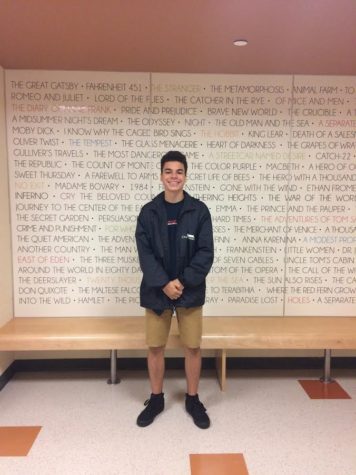
I am a senior at NHS. I want to be a microbiologist or a biomedical engineer. I am taking this class because I enjoy writing and researching real time...



